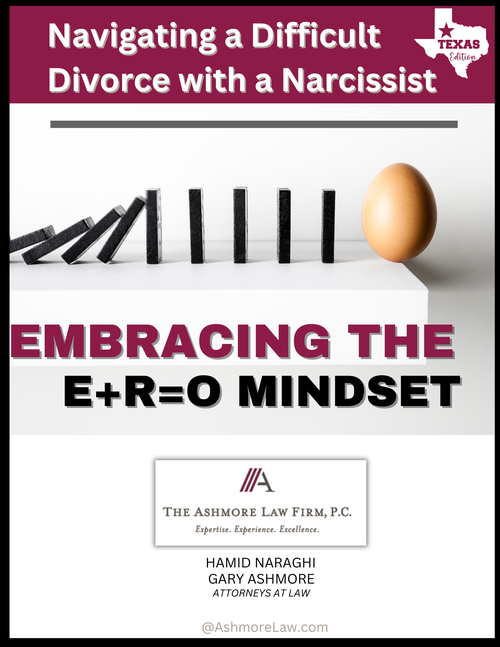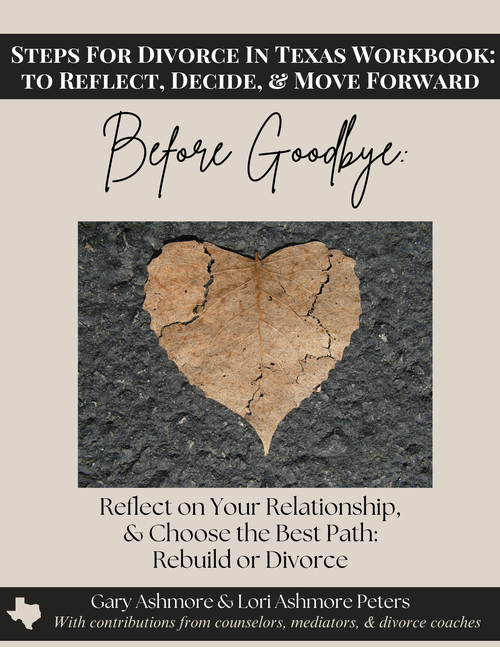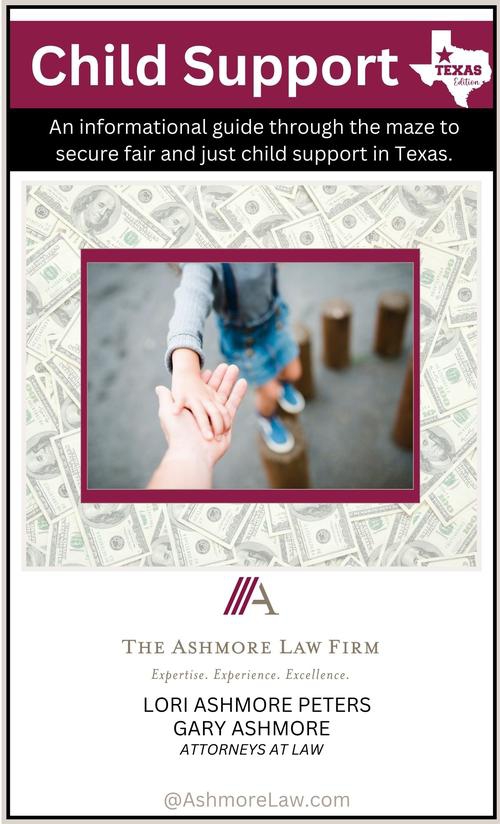
If you’re interested in knowing how much money people really make and how they really spend it, you’d love my job.
I’m an expert on what people in different professions earn, and I have an easy familiarity with the borrowing and spending habits of my fellow Dallas/Fort Worth-Area dwellers of every socio-economic stripe. Within ten minutes of meeting with a new client I know how much he and his wife earn; by the end of the consultation, I know how much they spend or save, whether they pool their money or keep it separate, how much debt they have, and whether these very subjects are related to the reason they are getting divorced. What will divorce do to their ‘bottom line’ anyway?
Isn’t it interesting how taboo these subjects still are? I don’t know how much my closest friends earn, how much they have saved, or what balances, if any, they carry on their credit cards. I would never think of asking them. In an contemporary American society, we continue to abide by a widely accepted social norm that this information is private. Surprising, given the almost complete disintegration of barriers which previously prevented people from talking about sex and intimate relationships. People think nothing of walking down a crowded sidewalk talking into their cell phones about the graphic details of a sexual encounter or a medical condition, but did you ever hear someone talking on a cell phone in a public place about the amount of the bonus she just got? I haven’t. Thank goodness for attorney-client confidentiality!
I actually think it’s a big relief to my clients to be able to discuss the particulars of their financial circumstances with me, and to express their fears in a safe environment.
There are lots of people they can talk to about their disintegrating marriage, the reasons for it, and the pain they and their children are experiencing. However, they don’t sit down with those family members and friends to review bank statements, mortgage balances, or tax returns; they don’t talk about the ‘nuts and bolts’ of what a divorce really is, at its most basic: an economic transaction. They need to find out what the divorce will do to their ‘bottom line.’
The fears are rampant! It amazes me how consistently – with some exceptions, of course – people spend whatever is available to them, and perceive themselves to be in difficult financial positions regardless of income level. For instance, the couple with a combined income of $500,000 might have nothing but an expensive house, mortgaged to the max, retirement funds they can’t touch, and a checking account. No savings at all, and no clear idea about how to make lifestyle changes to enable that considerable income stream to support the family when divided between two households. Sometimes there is a total disconnect between perception and reality. Like the client with tremendous inherited wealth who is terrified at the prospect that she might have to ever spend any principal, because in her family of origin, the standard was that one should be able to live entirely off the income from one’s stock portfolio, so as to preserve it for the next generation.
Maybe if we felt freer to talk about money, we’d be able to think about it with less anxiety and more realism. I don’t see any signs we’re moving in that direction, but we can each start our own movement to a better place by starting talking about the money and the debts. Find out what your divorce may do to your ‘bottom line.’
Remember, sticking your head in the sand only exposes your assets!
Do You Need To Speak With An Experienced Divorce Lawyer In The Dallas Area?
If you need to speak to an experienced divorce attorney please contact us online or call our Dallas office directly at 214.559.7202. We help clients throughout the Dallas area with all of their family law needs and look forward to helping you.








